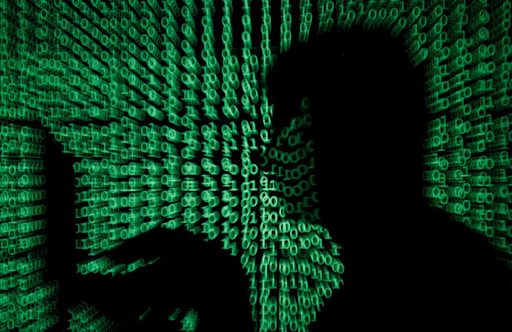A U.S. Executive Order banning commercial spyware is a crucial step towards more governments acting to prohibit the abusive tech. Rand Hammoud is a surveillance campaigner at Access Now Thai activists are taking legal action against their government over the alleged use of Pegasus spyware to target them. The activists claim that the government used the spyware to monitor their activities, access their private data, and silence their opposition to the government. This follows a recent report by Amnesty International and Forbidden Stories, which revealed that governments around the world are using the Pegasus spyware to target journalists, activists, and politicians. The use of such spyware is a serious violation of human rights and poses a threat to democracy and free speech. The recent actions taken by the U.S. and other countries to ban the use of commercial spyware are a step towards protecting human rights and ensuring accountability for those who abuse such technologies. These recent actions by the U.S. and other countries to ban commercial spyware and commit to international cooperation on the issue are a crucial step towards protecting human rights and privacy. The surveillance tech industry must be held accountable for its potential abuses, and governments must prioritize the safety and rights of their citizens over the interests of tech companies. It is time for a global effort to dismantle this dangerous industry and ensure that our fundamental rights are respected in the digital age. The Executive Order does not rein in state and local agency procurement of spyware. Yet, coupled with the joint commitment, is a loud and clear signal to vendors and investors that the rules of the game are changing. Opaque ethics boards and toothless human rights policies will no longer be the gateway to doing business with the U.S. and its allies. The available market for abusive technologies will continue to shrink; repressive governments will have fewer and fewer sophisticated surveillance tools available to them. However, there are no mechanisms in place to help protect those outside the walls of democratic leadership, or those whose governments simply want to keep things the way they are. While more public and private efforts ramp up in the face of spyware, powers like the Myanmar junta can still easily get its hands on it, further entrenching its systemic control over millions of people. Even democracies like Germany, and 14 other EU member states, have purchased and utilised these technologies, reinforcing the urgent need for an international framework to govern spyware use. These tools are unsafe in any hands. The recent international cooperation between the U.S., UK, France, and others to address the abuse of commercial spyware is a positive development. However, it is important to build on this momentum by implementing similar domestic regulations, ensuring adequate funding, leveraging market power, and working towards a global ban. The responsibility lies with like-minded states to create a safer world for human rights defenders, journalists, dissidents, and others challenging the status quo. While the Executive Order is a step forward, we urgently need a wider commitment for an immediate moratorium and a global framework to prohibit abusive spyware.
"XCODE LLC" offers a full range of services in the field of website development, graphic design, digital marketing, SEO optimization and content writing, app development, and UI/UX design.

